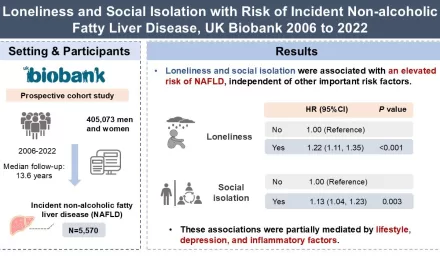Birmingham, AL – A groundbreaking study published in the Endocrine Society’s Journal of Clinical Endocrinology & Metabolism reveals that adults with type 2 diabetes following a low-carbohydrate diet may improve their beta-cell function significantly, potentially allowing them to discontinue medication.
Beta-cells, located in the pancreas, are crucial for insulin production and blood sugar regulation. Over 38 million Americans are affected by diabetes, with more than 90% diagnosed with type 2 diabetes, which typically develops in individuals aged 45 and older. However, the incidence of type 2 diabetes is rising among children, teens, and young adults. The condition is characterized by insulin resistance and a compromised beta-cell response, often exacerbated by high carbohydrate intake.
Lead author Dr. Barbara Gower of the University of Alabama at Birmingham stated, “This study shows people with type 2 diabetes on a low-carbohydrate diet can recover their beta-cells, an outcome that cannot be achieved with medication. People with mild type 2 diabetes who reduce their carbohydrate intake may be able to discontinue medication and enjoy eating meals and snacks that are higher in protein and meet their energy needs.”
The research involved 57 white and Black adults with type 2 diabetes, divided into two groups: one adhering to a low-carbohydrate diet consisting of 9% carbohydrates and 65% fat, and the other on a high-carbohydrate diet with 55% carbohydrates and 20% fat. The participants’ meals were provided for 12 weeks, during which researchers assessed their beta-cell function and insulin secretion at both baseline and the conclusion of the study.
Results indicated that participants on the low-carbohydrate diet experienced significant improvements in both acute and maximal beta-cell responses, with enhancements of 2-fold and 22%, respectively. Notably, Black adults following the low-carb regimen saw a 110% greater improvement in their acute beta-cell response, while White adults demonstrated a 48% greater improvement in their maximal response compared to their high-carbohydrate counterparts.
Dr. Gower emphasized the need for further research to ascertain whether a low-carbohydrate diet can restore beta-cell function and lead to remission in those with type 2 diabetes.
The study was co-authored by Amy Goss, Marian Yurchishin, William Garvey from the University of Alabama at Birmingham, Sarah Deemer from the University of North Texas, and Bhuvana Sunil from the University of Washington and Mary Bridge Children’s Hospital. Financial support for this research came from several esteemed organizations, including the National Institute of Diabetes and Digestive and Kidney Diseases and the National Heart, Lung, and Blood Institute.
As the prevalence of type 2 diabetes continues to rise, this study highlights the potential benefits of dietary interventions, paving the way for new approaches in diabetes management.












